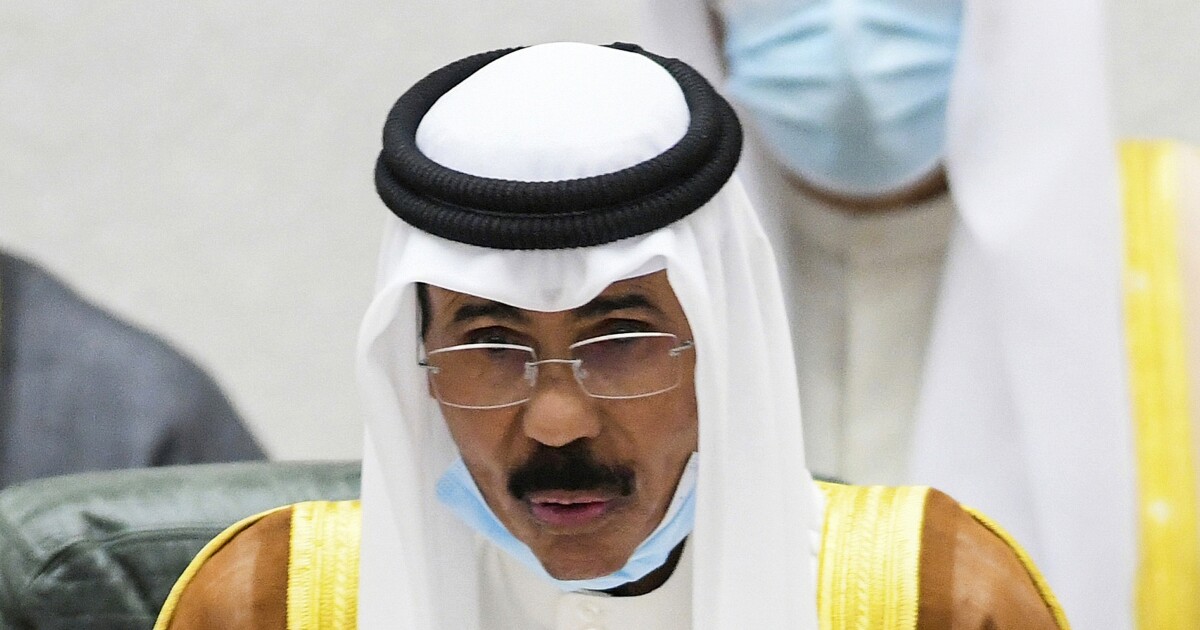

Kuwait‘s ruling emir, Sheikh Nawaf Al Ahmad al Sabah, died on Saturday at 86 after a three-year, uncontroversial reign.
“With great sadness and sorrow, we — the Kuwaiti people, the Arab and Islamic nations, and the friendly peoples of the world — mourn the late His Highness the emir, Sheikh Nawaf Al Ahmad Al Jaber Al Sabah, who passed away to his Lord today,” said court minister Sheikh Mohammed Abdullah Al Sabah with a message that broke into scheduled programming on Kuwaiti state television.
MELANIA TRUMP COULD GIVE HUSBAND’S CAMPAIGN A BOOST WITH APPEARANCE AT THE NATIONAL ARCHIVES
The country will enter a 40-day period of mourning and a three-day closure of official departments.
Sheikh Nawaf, who ascended the throne in 2020 during the COVID-19 pandemic, was rushed to the hospital “due to an emergency health problem” on Nov. 29. State-run media reported his condition as stable shortly after.
Authorities have not given a cause of death for the leader.
Crown Prince Sheikh Meshal al-Ahmad al Sabah, 83, has been the de facto ruler of Kuwait since 2021, when Sheihk Nawaf’s health began to decline. Sheikh Meshal was named as the successor to the thrown.
The al Sabah regime has faced increasing pressure in the region, with both the advanced age of Sheikh Nawaf and other nations in the region putting younger, more aggressive rulers in power.
In Sheikh Nawaf’s lifetime, Kuwait transformed from a prolific trading hub into a petrostate, changing the dynamics of the small Gulf Arab state.
CLICK HERE TO READ MORE FROM THE WASHINGTON EXAMINER
Kuwait is home to approximately 4.2 million people, and its land size is similar to that of New Jersey. It has the world’s sixth-largest known oil reserves.
The small nation has been a major supporter of the United States since the 1991 Gulf War, hosting nearly 13,500 American troops, as well as the forward headquarters of the U.S. Army in the Middle East.





